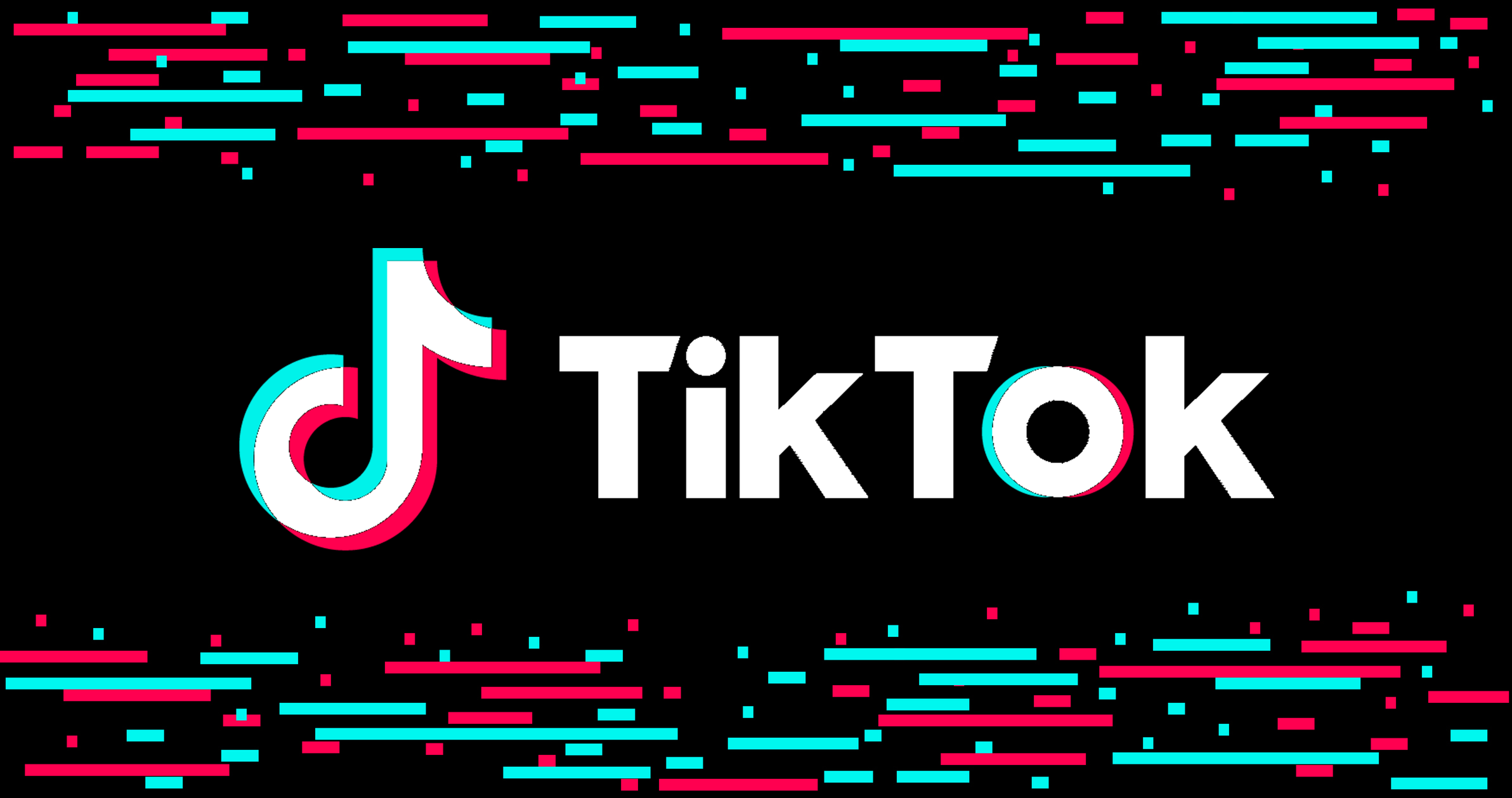As we explored in the first part of this series, TikTok is a short-form video app owned by ByteDance and has over 700 million active users worldwide. TikTok has recently been making headlines due to ongoing privacy and security concerns and antagonistic relationship between its user base and the current U.S. President. This led to the Trump Administration issuing an executive order to ban American companies from conducting business with ByteDance, TikTok’s parent company, essentially banning the app. To avoid this ban taking effect, they began to implement two strategies, developing a partnership with a U.S. based company that would alleviate the concerns around the app and legal action to block the order.
As of today, both of these efforts are ongoing – TikTok is currently working with Oracle and Walmart to create a partnership that will satisfy the U.S. government’s concern and has obtained a temporary block on the executive order from a federal judge. This post will explore what is currently ongoing with each of these efforts and where this might leave TikTok.
Partnership With Oracle and Walmart:
@tiktok##WeAreTikTok and we are here to stay!♬ original sound – TikTok
@Tiktoks announcement of the potential partnership between ByteDance, Oracle and Walmart to save TikTok
After the executive order was issued, TikTok initially entered into talks with multiple potential partners, most notably for a sale of the platform to Microsoft with support from Walmart. This deal, however, did not go through despite Microsoft’s keen interest in making it work. Instead, TikTok started to move forward to working with Oracle and Walmart for a partnership that would address the U.S. Government’s concerns instead of selling the platform.
In this proposed agreement, a new company would be formed, TikTok Global, with ByteDance holding 80% ownership and Oracle, and Walmart holding the remaining 20%. As part of this deal, 4 out of 5 board members would be American, and Oracle would house all U.S. data. The plan would be to take the company public within a year and distribute ByteDance’s shares to their investors (which about 40% are American venture capitalists) to eliminate ByteDance’s ownership of the new company.
Oracle’s interest in TikTok is evident with them gaining control over the app’s data and providing cloud computing services; however, Walmart’s interest is apparent. Since 2019, TikTok has been experimenting with e-commerce features, and Walmart’s goal is to add these features to its omnichannel retail capabilities. ByteDance, as part of this agreement, will remain in control of the technology and algorithm, although Oracle would have access to the app’s source code.
The deal with Oracle and Walmart satisfied the Trump Administration’s concerns and put their mind at ease that ByteDance would not be transferring U.S. data into China. TikTok was given until September 27th, 2020, to close the deal, but TikTok focuses shifted to legal efforts after a temporary block of the executive order was obtained by WeChat, another Chinese-based social media app affected by the order. As of writing this, this deal has yet to be finalized and would still need approval from both U.S. and Chinese Governments.
@surfnboyyTiktok is saved! Via- CNBC ##xyzcba ##fyp ##viral ##trending ##fy ##funny ##comedy ##fun ##tiktok ##tiktoksaved♬ original sound – Surfnboy
Tiktokker @surnboyy reaction to the deal between ByteDance, Oracle and Walmart.
TikTok’s Legal Efforts
On September 27th, TikTok was successful in these efforts and obtained a temporary block on the executive order from a federal judge. However, this block covers the removal of the app from the Google Play Store and Apple App Store and does not cover other aspects of the executive order scheduled to come into effect in November.
TikTok’s lawyers were successfully able to argue that blocking new downloads of the app would be attuned to “locking the doors of a public forum” and would impact the individual’s rights to voice their views. TikTok centered their argument around two factors, the proximity to the upcoming U.S. election and increased isolation caused by the pandemic. The government unsuccessfully argued that potential security risks explored in our last post outweighed the threats to freedom of speech.
@lisaremillard##tiktok ##wearetiktok Federal Judge SPARES TikTok… for now. But this legal fight is NOT over.♬ original sound – ?The News Girl ?
Tiktokker @lisamillard breaking down the Sept. 27 ruling by the federal judge
Recently another hearing has been scheduled to review the remaining aspects of the executive order for November 4, 2020, the day after the U.S. election. TikTok will likely make a similar argument based on freedom of speech. As this a fairly complex situation, a ruling is not expected to be made until late-November.
What do the complicated deal and legal action mean for the survival of the app? In short, TikTok has a solid chance of making it through this, either as a new independent entity or by defeating the order in court. For marketers, especially in the toy space, this means we should plan as if TikTok will remain a dominant force in the social media world. In our next post, we will explore how impactful can TikTok the toy space and how to incorporate it into your 2021 plans.
